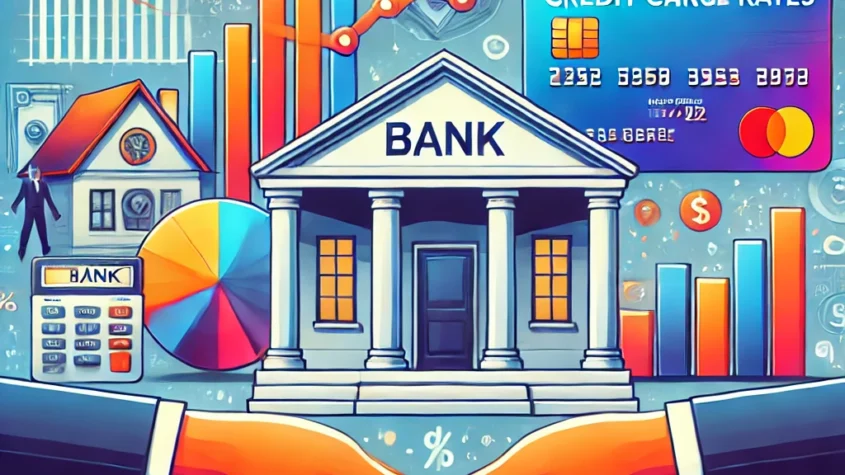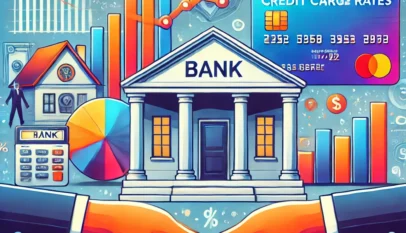
Many entrepreneurs face challenges when seeking funding, especially those with bad credit. Bad credit business loans are specifically designed to provide access to financing for individuals and companies that may not qualify for traditional loans. Understanding the options available can be crucial for those trying to grow their business despite credit issues.
These loans can come with higher interest rates and less favorable terms, but they offer a viable path to secure needed capital. It’s important for business owners to weigh these factors against their financial needs.
By exploring different lending options, including alternative lenders and peer-to-peer platforms, individuals can find solutions that fit their circumstances. Knowledge of these resources can empower business owners to make informed decisions that support their growth and stability.
Understanding Bad Credit Business Loans
Bad credit business loans can help entrepreneurs secure financing even when they face credit challenges. This section explores the definition of bad credit, types of loans available for those with poor credit, and how to assess creditworthiness.
Defining Bad Credit
Bad credit typically refers to a low credit score, often below 580 on the FICO scale. This score indicates higher risk to lenders, which can result from missed payments, high credit utilization, or defaults.
A poor credit history may limit financing options, as traditional banks often reject such applications. However, alternative lenders and online institutions may still provide loans tailored to businesses with bad credit.
Types of Business Loans Available
Several types of loans are accessible to business owners with bad credit:
- Secured loans: Require collateral, reducing lender risk.
- Unsecured loans: Do not involve collateral but usually come with higher interest rates.
- Merchant cash advances: Offer quick funding based on future sales, but can be expensive.
- Invoice financing: Provides advances against unpaid invoices, suitable for companies with cash flow issues.
Each option varies in terms of eligibility, interest rates, and repayment terms.
Assessing Your Creditworthiness
Before applying for a loan, assessing creditworthiness is crucial. This assessment involves checking the business owner’s personal and business credit scores, which can impact loan approval.
Many lenders evaluate additional factors, such as:
- Business revenue: Higher revenue can offset bad credit.
- Time in business: Established businesses may have access to more options.
- Debt-to-income ratio: A lower ratio signals better financial health.
Understanding these components can help a business owner prepare for successful loan applications, despite credit challenges.
Acquiring a Business Loan with Bad Credit
Navigating the process of obtaining a business loan with bad credit requires strategic preparation and awareness of available options. It involves understanding lenders, assessing personal financial health, and exploring alternative financing methods tailored for those with less-than-perfect credit.
Preparing to Apply
Individuals seeking a loan should first gather essential documentation. This includes financial statements, tax returns, and a clear business plan. Lenders want to see how funds will be utilized and the potential return on investment.
Applicants should also assess their credit score and identify any inaccuracies that may be impacting it. Addressing these issues beforehand can improve chances of approval. Crafting a compelling narrative around the business helps articulate its value, which can positively influence lender perception.
Lenders to Consider
Not all lenders have the same criteria for approval. Traditional banks tend to be stringent regarding credit scores, while online lenders often have more flexible policies. Among potential options:
- Online lenders: These companies may offer faster processing times and reduced requirements.
- Credit unions: Often overlooked, credit unions can provide more personalized service and competitive rates.
- Peer-to-peer lenders: This model connects borrowers directly with individual investors, sometimes leading to better terms.
Researching these lenders can provide borrowers with various opportunities tailored to different credit situations.
Alternative Financing Options
Beyond traditional loans, several alternative financing options exist for those with bad credit. These may include:
- Merchant cash advances: Advances against future sales can provide immediate capital, though often at higher costs.
- Invoice financing: Borrowers can secure funds by using unpaid invoices as collateral, improving cash flow without needing excellent credit.
- Crowdfunding: Platforms allow businesses to raise money from the public, offering flexibility in terms of repayment.
These alternatives may come with different risks and structures but can be viable solutions for entrepreneurs facing credit challenges.
Copper Mining Stock: Insights and Trends for Investors
Investors are increasingly looking towards copper mining stocks as a strategic opportunity…










